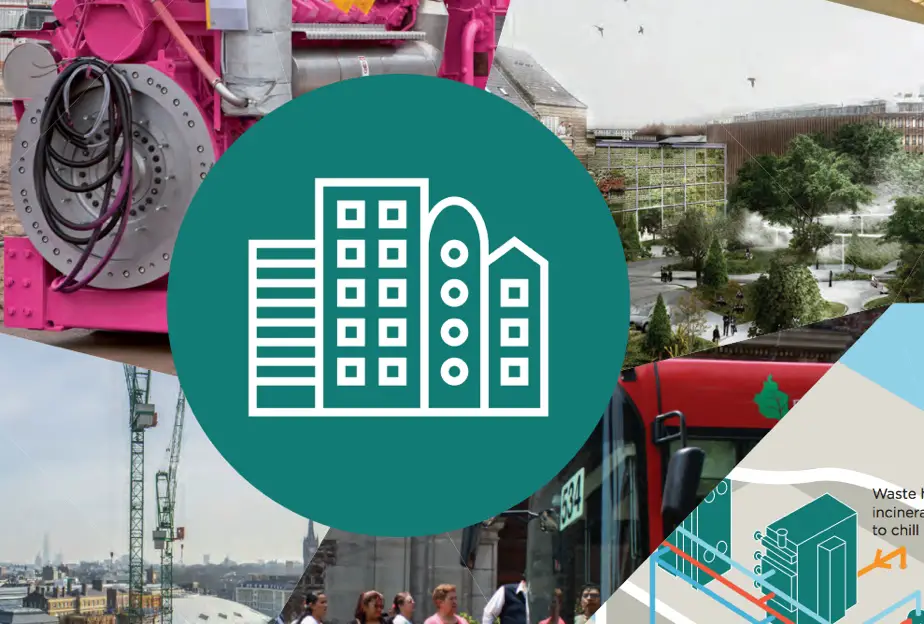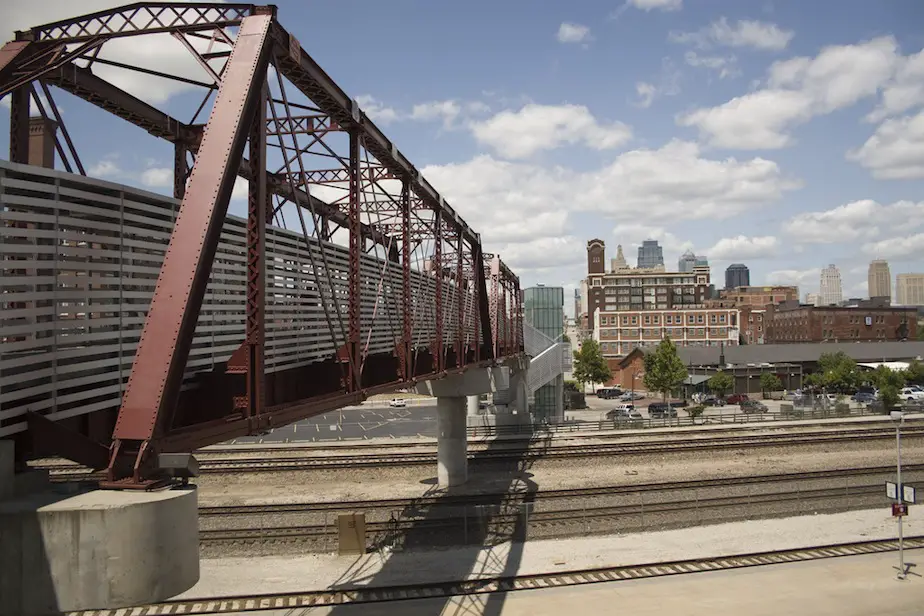Antonio Yemail has a vision: The transformation of Latin America and the potential of informality in architecture and beyond.
Who is Antonio Yemail?
Yemail belongs to a new generation of Latin American architects who are opening this discipline to a wider audience through their work. He studied Industrial Design and Architecture in the Pontificia Universidad Javeriana, where he is also professor. In 2007 he created oficina informal, an independent studio that is behind projects of different scale in Colombia, Spain, Chile and Perú.
Insights: oficina informal
- Beyond the usual work of design and production, his studio is always working in research projects based on one key topic: informality. He explores the creative energy this concept holds across Latin America and its role in the future of the region.
- Architecture is an effective topic to connect people with the solution of big problems. Through their work, they have been able to prove how citizens can change their perception of public space triggering the social energy hidden behind informality, breaking barriers and paradigms.
- In Colombia, and other Latin American countries, young architects are leading the way to the future thanks to open contests and a democratic approach towards some public projects. Transparency and the fresh ideas from young architects like Yemail are shaping the new face of the cities.
Colombia is not going to be a peripheral country, but a midmost country. The urban mobility, the environmental and political crisis, the resources in every way. The solution that the world builds to its crisis will have to pass through a country like this and that makes us major players of history. – Antonio Yemail
Insights: People
- Yemail’s generation (born in the late 70s and early 80s) was the last one who knew the world before Internet but also experienced the transition to a hyper-connected society. This, apparently obvious fact, is key to understand why and how the creative class in major cities such as Bogotá, are leading the way to the future.
- All the creative energy hold for years in a country which was not connected to the global economy, is now released offering a fresh vision, producing relevant solutions and sharing them with the world using networks.
- These young creatives grew up in crisis, making them stronger and smarter. In their DNA they have key skills to help countries in Europe to overcome the current situation and also learn to transform the pessimistic mood into creativity.
- The lack of resources forced a huge generation of Bogotanos in fields like architecture, arts or design to work with less tools using frugal innovation to build solutions. These skills are unique and valuable to solve global issues in different contexts.

Future
Bogotá will be the epicenter of huge projects in different scales during the next 5-10 years. Some of them have already started. Others might start soon. Other might never happen. The fact is Bogotanos are experiencing the transformation of their city as it opens to the world.
Don’t forget this. The answers to the big global problems will pass through Colombia. – Antonio Yemail
This article is part of the iF BOGOTA Trend Report, a unique project from trend research company wabi-sabi lab about the imperfect future of Bogotá, featuring 50+ stories, interviews and cultural insights from this inspiring city which may become the next capital of Latin America.
Audio interview and photos by Marcel Capato for iF / imperfect FUTURE / oficina informal archive.



